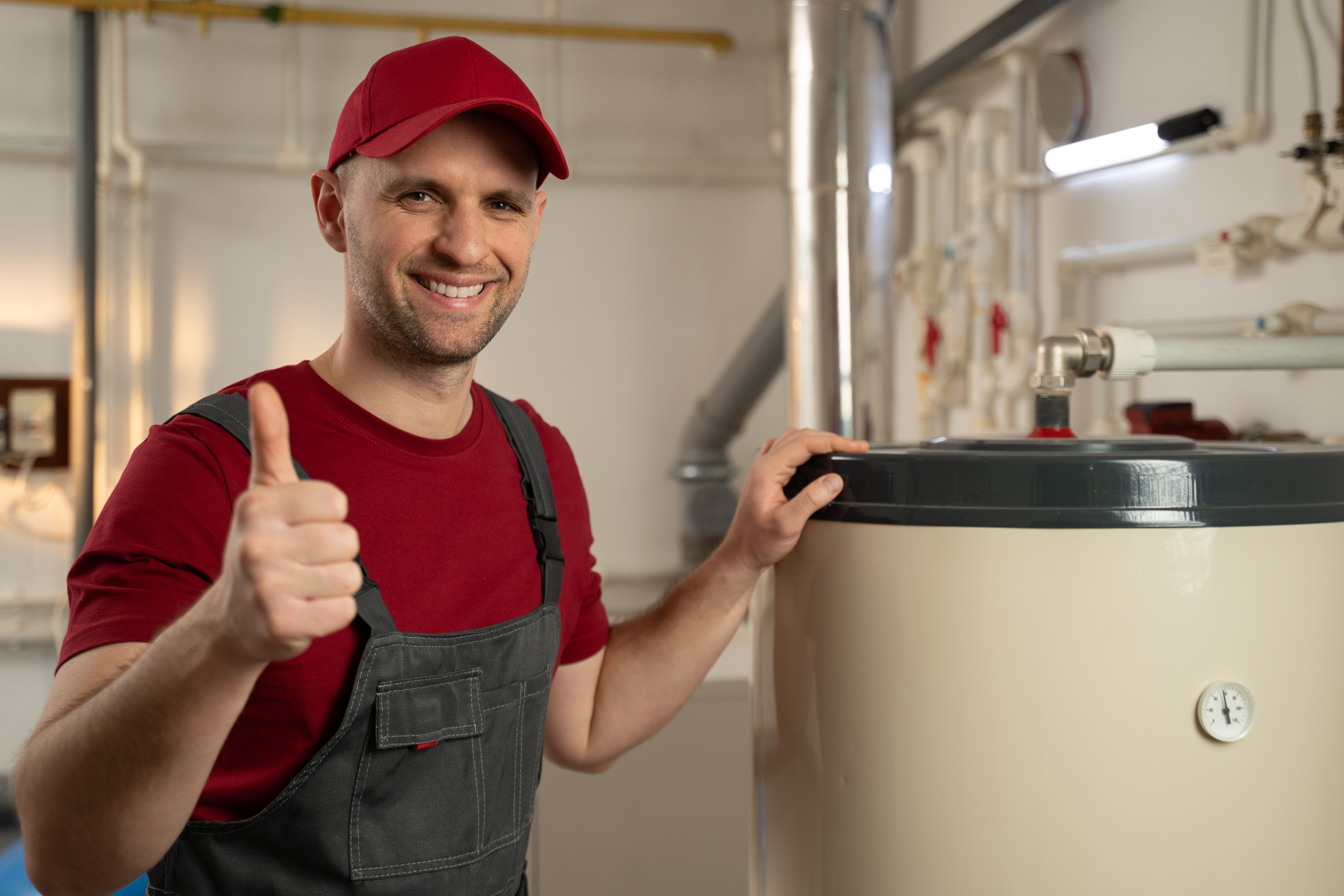Tankless Water Heaters
Tankless Water Heaters: Maintenance for Optimal Performance
Tankless water heaters offer distinct advantages over traditional tank models, but they require regular maintenance to function at peak efficiency. While homeowners can handle some tasks, an annual checkup from Mr. Pipey ® Plumbing ensures the unit remains efficient, prolongs its lifespan, and ensures reliable daily operation.
Routine Tankless Water Heater Maintenance
Homeowners should regularly clean and inspect their tankless water heaters. Here are three steps to keep your unit running smoothly—consult your owner's manual for model-specific instructions:
- Flush the Heater Annually: Perform a tankless water heater flush at least once a year. If you have hard water, more frequent flushes will prevent mineral buildup.
- Clean Filters: Some models have air filters or cold-water inlet filters that need regular cleaning to maintain water flow.
- Wipe the Exterior: Clean the exterior cabinet with a damp cloth (avoid the fan blades, heat exchanger, and burner). This helps with visual inspections. If you notice any rust, contact Mr. Pipey Plumbing.
Professional Maintenance Tasks
Certain maintenance tasks should be left to a professional plumber:
- descaling: This process removes mineral deposits. Schedule annual descaling if you have soft to normal water, or more frequently with hard water.
- Cleaning Internal Components: Have your plumber clean the fan blades, heat exchanger, and main burner with compressed air and inspect these parts.
- Pressure Relief Valve: If your unit has this valve, ensure your plumber tests it annually.
- Inspection and Preventive Maintenance: Ask your plumber to check the motor, fan, and vents, and perform any necessary repairs or lubrication.
For any questions or concerns about your tankless water heater, Mr. Pipey Plumbing specializes in tankless water heater repair.
FAQs
Tankless water heaters offer numerous benefits, such as:
- Higher energy efficiency and lower operating costs
- Faster hot water access
- Longer lifespan (up to 25 years with regular maintenance)
- Space-saving design
- Enhanced safety
- Reduced risk of flooding from malfunctions
Traditional tank water heaters last between 6 and 10 years. Tankless water heaters, with proper maintenance, can last up to 25 years.
Tankless water heaters are rated by gallons of hot water per minute (GPM). Models range from 2 to 12 GPM. For most households, 5-10 GPM is sufficient. Consider energy efficiency—electric models are suitable up to 8 GPM, while gas models are better for higher demands but come with typical gas appliance risks.
Several factors can cause temperature fluctuations:
- Cold Water Sandwich Effect: The unit cycling on and off can cause alternating hot and cold water sections in the pipes. A hot water cycling pump can mitigate this.
- Low Water Pressure: For gas units, low inlet water pressure can shut off the gas burner. Check your pressure tank if you have a well.
- Clogged Inlet Filter Screen: A clogged screen reduces water flow and turns off the gas burner. Consult your owner's manual for cleaning instructions and recommended frequency.







